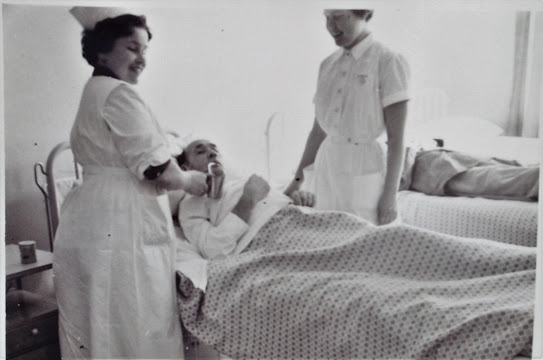I am interested in finding stories, that are told about my ancestors and other relatives. Luckily especially my dad’s side of family has a tradition of telling little anecdotes about family members. Sometimes I have been able to verify the facts about or around those little stories, sometimes not. But all of them I have been able to place in time more or less, and they tell a lot about people who lived before. It is beyond fascinating, but I am sure I wouldn’t have continued digging around for more, if my eldest wasn’t so enthusiastic about them. She read the first little story I wrote last spring, and has been clamouring for more ever since.
Some stories are funny, others not so much, especially knowing the circumstances they took place in.
The stories of Civil War are among the ones I want to know more about. I know quite a bit about the reasons and consequences of the war, and through the stories of people who lived through it I can see what did it really mean.
My great grandma's father and uncles all took part in the Civil war on the Red side. Reini brothers, the sons of Hermanni and Anna Reini from Ruovesi were adults or young men when the war broke out in January 1918.
Edvard, the eldest, was a married father of four in his late thirties. He was taken prisoner after the capitulation of Red Tampere in April 1918 and died in the Tampere War prisoner camp in late June. Family story was, that he was shot, but the Finnish open database of war deaths 1914-1922 tells that he died of hunger. Gravesite not known, but he could be buried in the mass grave in Kalevankangas graveyard.
Then was Sakari, who had four kids as well (my great grandma, then 13, one of them) and was a non-combatant in Punakaarti of Ruovesi. He only took arms in the very last days of war, when he was among the few dozen reds that were cornered in Raatihuone in Tampere. They held out for a time, and there was even some talk of fighting til death, because there would be no mercy for them anyway. In the end the starved, thirsty, wounded men and women ran out of bullets and surrendered. So Sakari was taken prisoner, wounded to a leg. Due to some weird misunderstanding, Sakari ended up in a hospital train to Oulu. The Red Cross nurse in train knew he was from the losing side of the war, but did not tell anyone. He was found out when the train arrived in Oulu many days later. This little side trip may have well saved his life, as there wouldn’t have been any medical care, food or even water in Keskustori, where the capitulated Reds were gathered for many days before marching them to hastily built prison camps. Badly wounded man would have had very little chance there. Thanks to a nurse with some pity, four kids got their father back alive.
Meanwhile, my father’s mother’s father, Jaakko, participated in the civil war too, on the white side, and was among the troops attacking to Tampere, where Reini brothers were taken prisoners.
Grandson of Sakari and daughter of Jaakko ended up married. I kinda appreciate the irony of history and the dual nature of my heritage.








